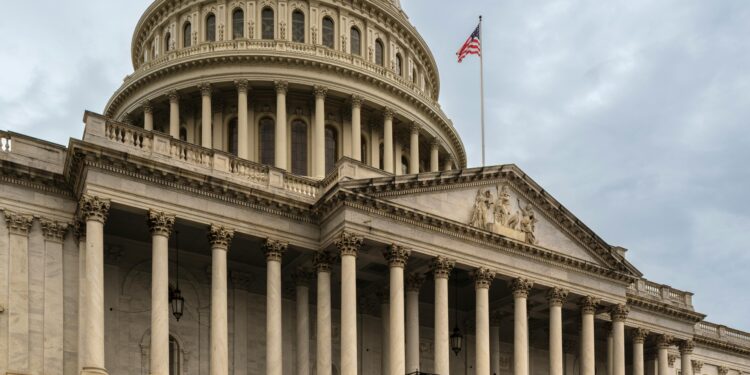On Wednesday, July 24th, Israeli Prime Minister Benjamin Netanyahu addressed the United States Congress for the first time since the October 7th terrorist attack by Hamas, which claimed 1,200 lives and resulted in over 240 hostages being taken to Gaza. Netanyahu’s speech, delivered amidst widespread protests and a partial boycott by Democratic lawmakers, underscored the strong U.S.-Israel relationship and addressed the ongoing conflict in Gaza.
In his speech, Netanyahu drew parallels between the October 7th attack, Pearl Harbor, and September 11th, calling the date “a day that will forever live in infamy.” He stressed the importance of U.S.-Israel unity, stating, “For the forces of civilization to triumph, America and Israel must stand together.” He also directly criticized the protests against his handling of the Gaza conflict, which have been widespread both in the U.S. and internationally. Netanyahu condemned the protesters, suggesting that many were influenced by Iranian interests, calling them “Iran’s useful idiots.”
The speech was met with mixed reactions in Congress. Approximately 40 Democratic lawmakers boycotted the event, expressing outrage at Netanyahu’s policies and the humanitarian crisis in Gaza, where over 39,000 people have died, according to the Palestinian Ministry of Health. Progressive Representative Alexandria Ocasio-Cortez labeled Netanyahu a “war criminal,” highlighting the deep divisions within U.S. politics regarding the Israeli government’s actions.
Netanyahu’s address also touched on criticisms from the International Criminal Court (ICC), which has issued arrest warrants for Israeli leaders over alleged war crimes. He accused the ICC of libel, defending Israel’s military actions as necessary for self-defense and asserting that the country had not targeted civilians deliberately. However, some American hostages’ families expressed frustration with Netanyahu’s visit, feeling that he should prioritize efforts to secure the release of their loved ones.
The event was marked by high security and significant protests. Capitol Police used pepper spray to disperse demonstrators outside the Capitol, and several individuals were arrested. Inside, Representative Rashida Tlaib, the first Palestinian-American woman in Congress, held a sign accusing Netanyahu of war crimes, symbolizing the contentious atmosphere surrounding the speech.
The address highlighted the complexities of U.S.-Israel relations, especially in light of the upcoming U.S. presidential election and ongoing negotiations for a ceasefire in Gaza. While Netanyahu received a warm reception from Republican lawmakers, the event further exposed the growing partisan divide over U.S. foreign policy and support for Israel.










